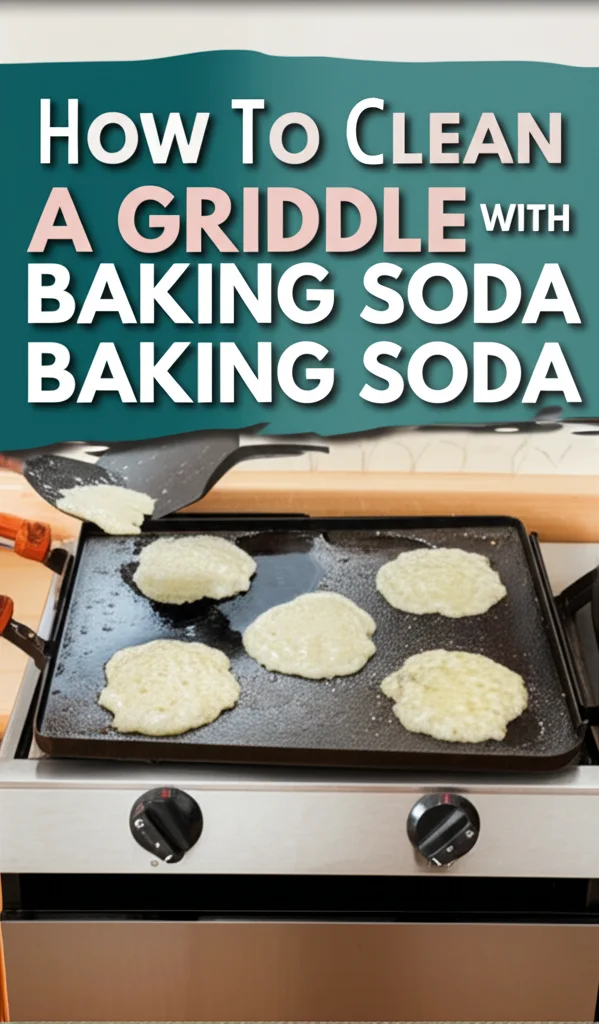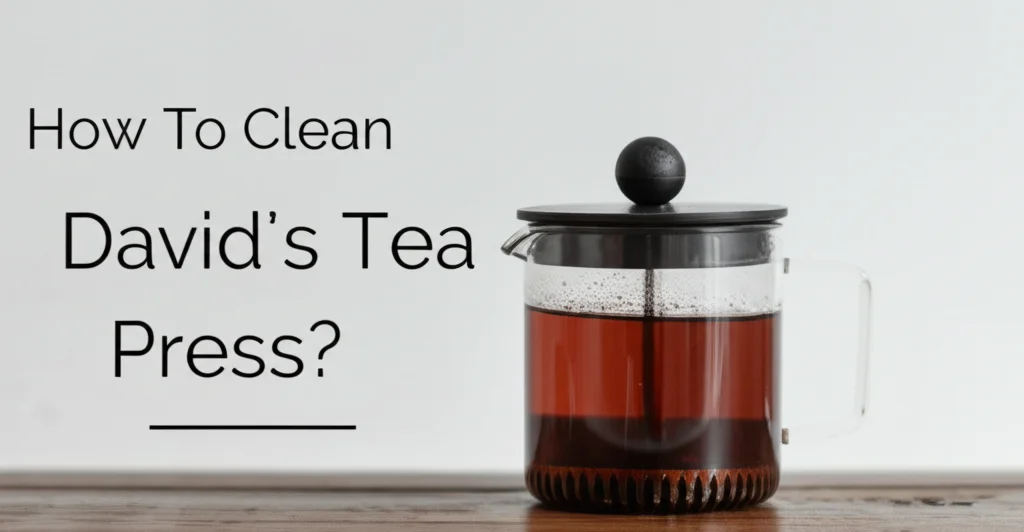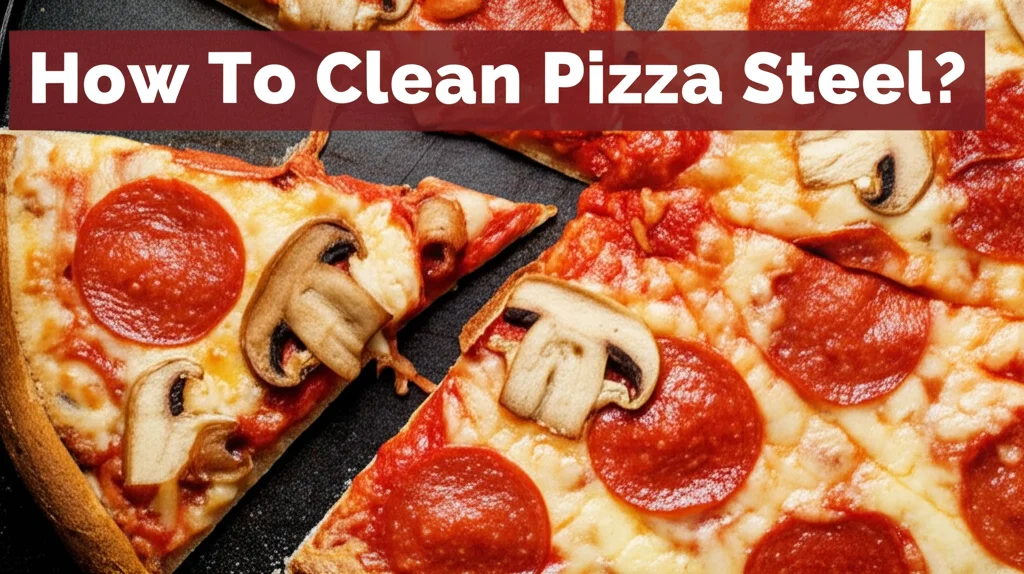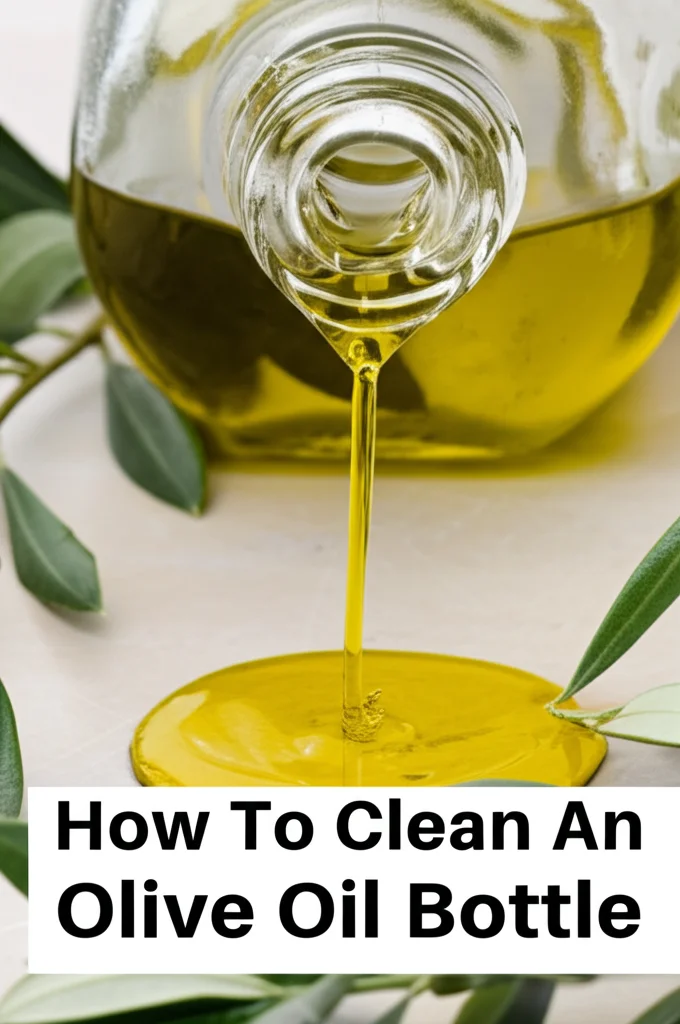· Kitchen Cleaning · 6 min read
How To Clean Slate Countertops
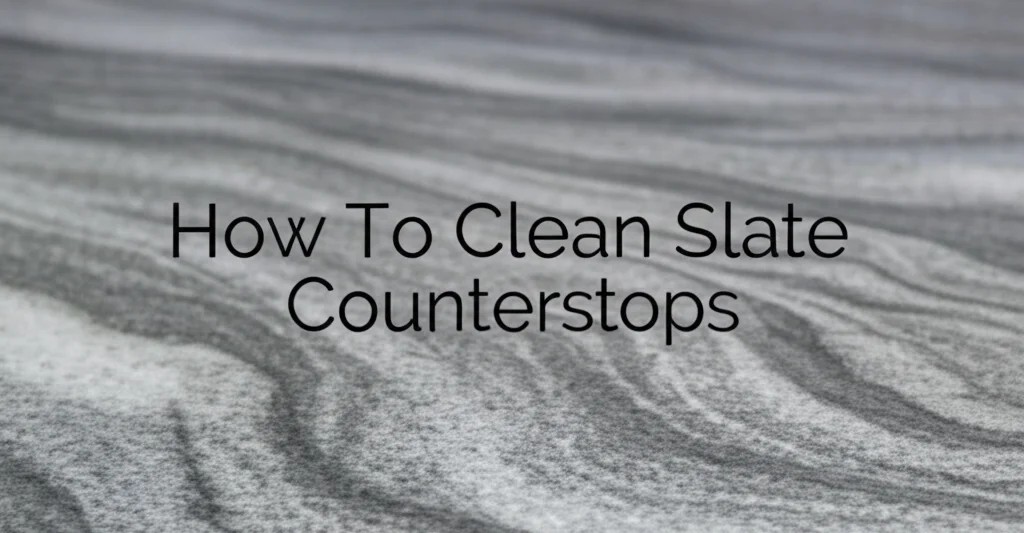
Keeping Your Kitchen Stunning: How To Clean Slate Countertops
Have you recently invested in beautiful slate countertops? Slate offers a unique, natural aesthetic that can elevate any kitchen. But, like any natural stone, slate requires specific care to maintain its beauty and prevent damage. Cleaning slate countertops isn’t difficult, but it is different than cleaning granite or quartz. This article will guide you through everything you need to know about how to clean slate countertops, from daily maintenance to tackling stubborn stains, ensuring your investment stays gorgeous for years to come. We’ll cover the best cleaning solutions, tools, and preventative measures to keep your kitchen looking its best.
Quick Answer: To clean slate countertops, sweep away loose debris, then gently wash with a pH-neutral cleaner and warm water. Rinse thoroughly and dry with a soft cloth. Avoid harsh chemicals and abrasive cleaners to protect the stone’s natural finish.
Takeaway:
- Use pH-neutral cleaners specifically designed for natural stone.
- Avoid abrasive cleaners and tools that can scratch the surface.
- Seal your slate countertops regularly to protect against stains.
Understanding Slate: What Makes It Unique?
Slate is a fine-grained, metamorphic rock formed from shale. This means it’s naturally layered, giving it a distinctive texture. It’s known for its durability and resistance to heat, making it a popular choice for kitchen countertops. However, slate is also porous, meaning it can absorb liquids if not properly sealed. Understanding this porosity is key to effective cleaning and maintenance. Different types of slate also exist, varying in color and texture, but all require gentle care.
Daily Maintenance: Keeping Slate Looking Its Best
Consistent daily maintenance is the easiest way to prevent build-up and keep your slate countertops looking pristine. A quick wipe-down after each use can make a huge difference. Here’s a simple routine:
- Sweep or Dust: Begin by removing crumbs, dust, and other loose debris with a soft brush or microfiber cloth. This prevents scratching during the washing process.
- Warm Water & pH-Neutral Cleaner: Mix a small amount of pH-neutral stone cleaner with warm water. Avoid using dish soap, as it can leave a dulling residue.
- Gentle Washing: Dip a soft cloth into the solution and gently wipe down the countertops. Focus on areas that see the most use.
- Rinse & Dry: Rinse the countertops thoroughly with clean water and dry them immediately with a clean, soft cloth. Leaving water to air dry can lead to water spots.
Choosing the Right Cleaning Solutions for Slate
Selecting the right cleaning solution is crucial for protecting your slate countertops. Many common household cleaners can damage the stone’s surface. Here’s a breakdown of what to use and what to avoid:
- Do Use:
- pH-Neutral Stone Cleaners: These are specifically formulated for natural stone and won’t damage the surface.
- Mild Dish Soap (Sparingly): If you must use dish soap, use a very small amount diluted in plenty of water. Rinse thoroughly.
- Don’t Use:
- Vinegar: The acidity can etch and dull the slate. You can find more information about vinegar and cleaning at https://www.beacleaner.com/how-to-clean-hardwood-floors-with-vinegar/.
- Ammonia: Can discolor and damage the stone.
- Bleach: Will likely stain and damage the slate.
- Abrasive Cleaners: Powdered cleansers or scouring pads will scratch the surface.
- Citrus Cleaners: The citric acid can etch the stone.
Tackling Stubborn Stains on Slate Countertops
Even with regular cleaning, stains can happen. Here’s how to address some common culprits:
- Oil-Based Stains (Grease, Cooking Oil): Blot up as much oil as possible with a clean cloth. Apply a poultice made of baking soda and water, let it sit for several hours, then gently wipe away.
- Water Stains: These are usually superficial. Try wiping with a damp cloth and drying thoroughly. If they persist, a stone polish may be needed.
- Wine & Juice Stains: Blot up the spill immediately. Clean with a pH-neutral cleaner and water. For stubborn stains, use a poultice of baking soda and water.
- Coffee & Tea Stains: Similar to wine and juice, blot immediately and clean with a pH-neutral cleaner. A baking soda poultice can help with lingering stains.
Sealing Slate Countertops: A Protective Barrier
Sealing your slate countertops is essential for preventing stains and protecting the stone. Slate is porous, and sealing helps to fill those pores, making it less susceptible to absorbing liquids.
- Frequency: Seal your slate countertops every 6-12 months, or as needed. You can test the seal by dropping a few drops of water onto the surface. If the water beads up, the seal is still effective. If it soaks in, it’s time to reseal.
- Choosing a Sealer: Use a penetrating sealer specifically designed for natural stone. Follow the manufacturer’s instructions carefully.
- Application: Clean the countertops thoroughly before applying the sealer. Apply the sealer evenly, allowing it to penetrate the stone. Wipe away any excess sealer after the recommended time.
Preventing Damage: Best Practices for Slate Countertops
Beyond cleaning and sealing, there are several things you can do to prevent damage to your slate countertops. A little preventative care can save you a lot of trouble in the long run.
- Use Cutting Boards: Always use cutting boards when preparing food to avoid scratches.
- Use Coasters & Placemats: Protect the surface from heat and spills by using coasters and placemats.
- Avoid Dragging Heavy Objects: Lift, don’t drag, heavy pots and pans to prevent scratches.
- Clean Spills Immediately: The faster you clean up a spill, the less likely it is to stain.
- Consider a Stone Protector: In addition to sealing, you can apply a stone protector to provide an extra layer of defense against stains and etching. You might also find helpful information on protecting your floors at https://www.beacleaner.com/how-to-clean-luxury-vinyl-plank-flooring/.
Frequently Asked Questions About Cleaning Slate
- Can I use a steam mop on slate countertops? While some sources say it’s okay, it’s generally not recommended. The heat and moisture can potentially damage the sealant and even the slate itself.
- How do I remove a stubborn ring stain from my slate countertop? Try making a poultice with baking soda and water, applying it to the stain, covering it with plastic wrap, and letting it sit overnight.
- What’s the best way to disinfect slate countertops? Use a pH-neutral stone cleaner with disinfecting properties. Avoid harsh disinfectants like bleach.
- Is it okay to use essential oils on slate countertops? Avoid direct contact with essential oils, as they can stain or damage the surface.
- How often should I professionally clean my slate countertops? A professional cleaning and sealing every 1-2 years can help maintain their beauty and longevity.
- Can I use a magic eraser on slate? No, magic erasers are mildly abrasive and can dull the finish of your slate countertops.
Enjoying Your Beautiful Slate Countertops
Cleaning slate countertops doesn’t have to be a chore. With the right knowledge and a little regular maintenance, you can keep your countertops looking beautiful for years to come. Remember to use pH-neutral cleaners, avoid harsh chemicals, seal regularly, and practice preventative measures. By following these tips, you’ll be able to enjoy the unique beauty and durability of your slate countertops for a long time. If you’re looking for more cleaning tips for your home, check out our guide on https://www.beacleaner.com/how-to-clean-discolored-vinyl-flooring/ for more helpful advice.

